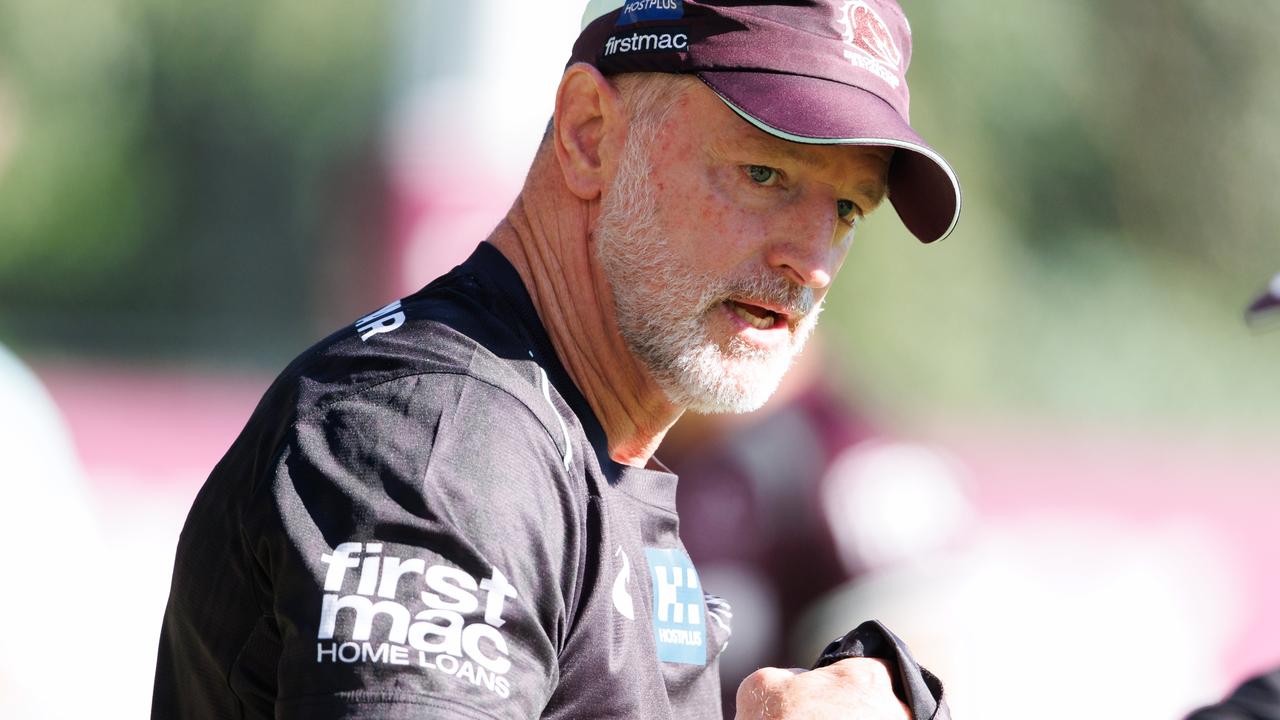Decoding the Winning Formula: What Makes a Great Rugby Coach in Australia?

In the fiercely competitive world of Australian rugby, identifying a truly exceptional coach goes beyond simply having a squad of talented players. It's about leadership, strategy, adaptability, and the ability to inspire peak performance under pressure. Following a challenging period for the Waratahs, and with Dan McKellar's arrival bringing a new intensity to the coaching landscape, let's delve into the key attributes that define a successful coach in the Australian context.
Beyond Talent: The Importance of Strategic Acumen
While a team brimming with gifted players is undoubtedly an advantage, even the most skilled individuals need a guiding hand. A good coach possesses a deep understanding of the game, capable of crafting innovative strategies and adapting them on the fly. This includes meticulous game planning, identifying opponents' weaknesses, and formulating effective counter-strategies. The ability to read the game in real-time and make impactful adjustments during a match is a hallmark of a top-tier coach. It's not just about knowing the rules; it's about understanding the nuances of player positioning, tactical formations, and exploiting every possible advantage.
Leadership and Motivation: Building a Winning Culture
Coaching isn't solely about X's and O's; it's fundamentally about leadership. A great coach fosters a culture of discipline, respect, and relentless pursuit of improvement. They motivate players to push their boundaries, overcome challenges, and perform at their absolute best, even when faced with adversity. This involves building strong relationships with players, understanding their individual strengths and weaknesses, and tailoring their approach to maximize each player's potential. Creating a cohesive team environment where players trust and support each other is critical for sustained success.
Adaptability and Resilience: Navigating the Pressure
Rugby is a game of constant change, and a coach must be able to adapt to evolving playing styles, opponent tactics, and unexpected circumstances. The ability to remain calm and composed under pressure, make quick decisions, and inspire confidence in the team is essential. Resilience – the capacity to bounce back from setbacks and learn from mistakes – is another crucial attribute. Recent challenges faced by the Waratahs highlight the importance of a coach who can navigate turbulent times and steer the team towards a positive outcome.
The McKellar Factor: A New Era for Australian Rugby?
Dan McKellar’s arrival is being viewed with considerable interest. His reputation for demanding high standards and implementing a structured, data-driven approach suggests a significant shift in coaching philosophy. While the initial impact remains to be seen, the expectation is that McKellar will bring a renewed focus on physicality, tactical precision, and a relentless pursuit of excellence. The challenge will be to balance his demanding approach with the need to nurture player development and foster a positive team environment.
Ultimately, a good coach in Australia is a multifaceted leader who combines strategic brilliance, motivational skills, and unwavering resilience. It’s a role that demands not only a deep understanding of the game but also the ability to inspire and empower those around them to achieve greatness. The coming season promises to be a fascinating test of coaching prowess across the Australian rugby landscape.






